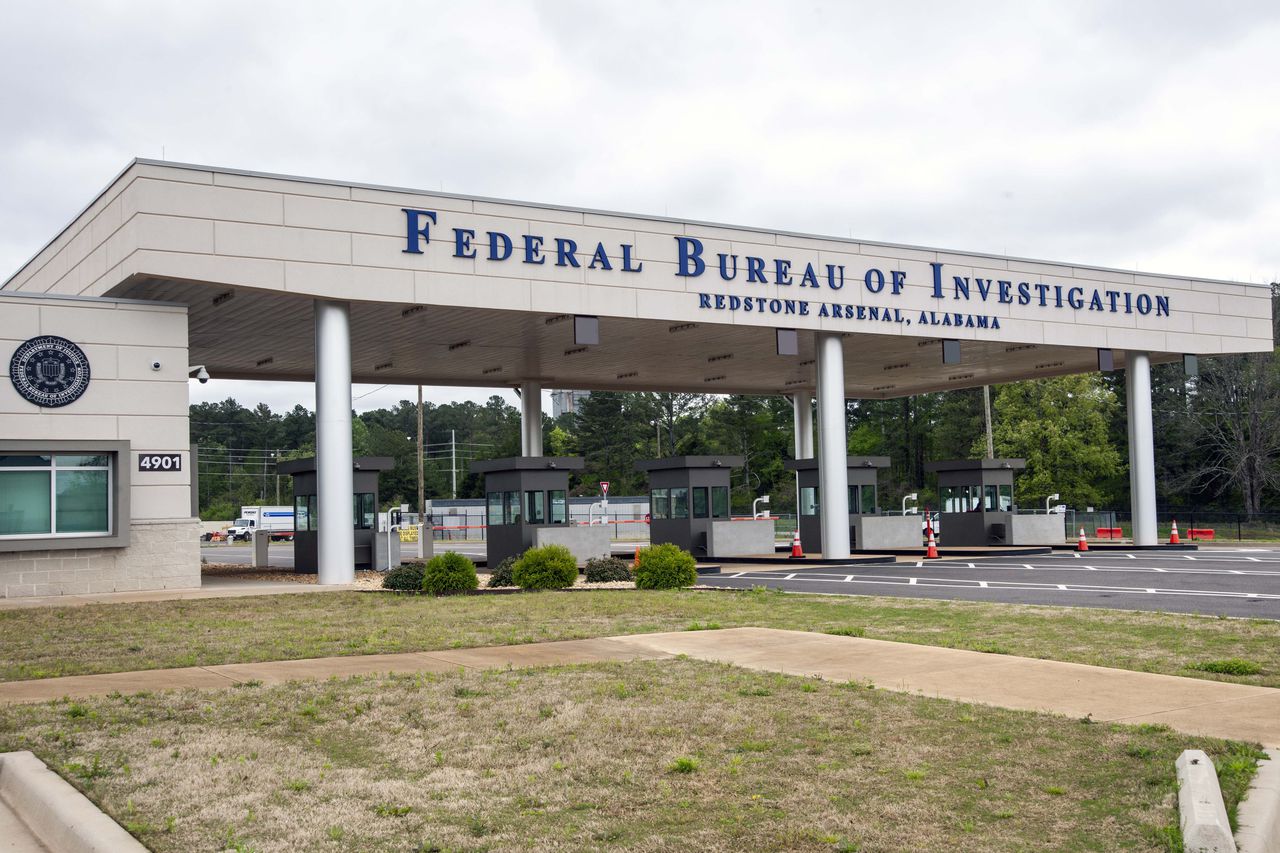Alabama military, civilian workers face no pay if government shuts down
A government shutdown would impact Alabama residents in many ways — even those who don’t directly work for federal agencies.
Congressional Democrats and Republicans currently are battling over the shape of the federal budget. They need to reach a deal by Sept. 30 to avoid a shutdown. In previous shutdowns, active-duty military servicemembers and reservists have received pay, but this time, pay is at risk because the Department of Defense’s budget is also up in the air.
In Alabama, 38,017 active duty and reserve personnel would need to work without pay if there is a shutdown, according to information shared in a recent House committee minority report.
“Alabama families shouldn’t be forced to pay the price for House Republicans’ inability to govern,” said Rep. Terri Sewell, a Democrat. “A Republican government shutdown would force troops to work without pay, harm small businesses, risk air travel disruptions, and endanger access to food assistance for families. It is unconscionable that House Republicans would hurt working families, damage our economy, and endanger our national security.”
Each organization at Huntsville’s Redstone Arsenal is putting the finishing touches on its own mission-specific backup plan in case of a shutdown, according to a spokeswoman for the Army. The Arsenal has about 800 military members assigned and approximately 29,500 civilians and 15,350 contractors working across multiple agencies and departments.
“We are still awaiting guidance and cannot speculate on impacts until we receive that guidance. In the interim, each organization is working its own mission-specific contingency plan. In the event of a shutdown, the U.S. Army Garrison team will continue to deliver life, health, and safety services for those working and living on the arsenal,” Lisa Simunaci said.
Read more: What a government shutdown would mean for Social Security, student loans, healthcare.
In Alabama, 46,826 federal workers would be furloughed or required to work without pay, in addition to the many employees of firms with government contracts who may be laid off, furloughed, or have their hours reduced, according to House Democrats.
A lengthy shutdown would deprive 772,813 Alabama Supplemental Nutrition Assistance Program (SNAP) participants of benefits, leaving low-income families out in the cold, according to the report.
The USDA would be obliged to halt processing farm loans, which give $93,451,000 in financing to Alabama farmers each year.
State governments would be forced to pay for federal programs like TANF at the expense of vulnerable families and put the 12,888 Alabama residents who receive benefits at risk because of a lack of funding.
